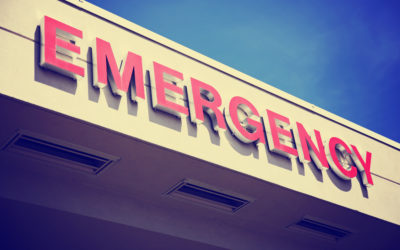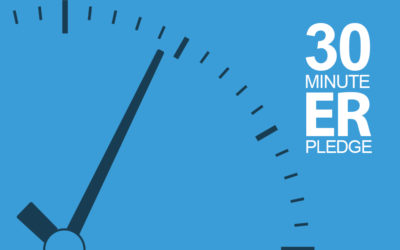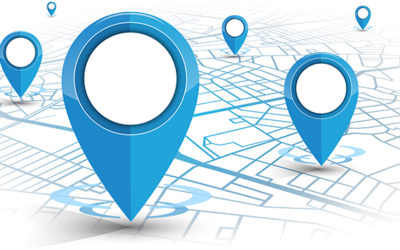Asthma: Know the Signs, Manage the Triggers, Get Help Fast
Asthma is a chronic condition that causes swelling and narrowing of the airways in the lungs. When asthma symptoms worsen, it’s called an asthma attack, which can be life-threatening if not treated quickly.
What Can Trigger an Asthma Attack?
Asthma attacks can happen when you’re exposed to triggers like:
- Mold
- Cigarette smoke
- Dust
- Pet dander
- Cockroaches
- Pollen
- Air pollution
- Strong odors from household cleaners
- Cold air or sudden temperature change
Signs and Symptoms of Asthma
Asthma symptoms can vary from mild to severe. Watch for:
- Trouble breathing
- Wheezing
- Persistent coughing
- Chest tightness or pain
- Unusual tiredness or fatigue
- Difficulty exercising or playing
How Is Asthma Treated?
Managing asthma usually involves a combination of the following:
- Controller medications (daily medicines to help prevent symptoms)
- Rescue medications (quick-relief inhalers to use during symptoms or attacks
- Avoiding triggers by reducing exposure to things that cause your symptoms
- Following your doctor’s instructions for any over-the-counter or prescription medications
When to Call a Doctor
Contact your healthcare provider if you experience:
- Frequent wheezing, coughing, or shortness of breath
- Mucus when you cough
- Rash, itching, or swelling
- Difficulty breathing that doesn’t improve with usual medicine
When to Get Emergency Help—Call 911 Right Away
Asthma can quickly become life-threatening. Seek emergency care immediately if you or your child has:
- Symptoms getting worse or not improving with rescue medicine
- Shortness of breath, even at rest
- Trouble eating, drinking, or talking
- Severe chest pain or tightness
- Rapid heartbeat
- Blue lips or fingernails
- Feeling lightheaded, dizzy, or like you might faint
- Peak flow meter reading less than 50% of your personal best
- Feeling too exhausted to breathe normally
Do not wait to see if asthma symptoms will go away. Do not drive yourself to the hospital if you are having severe difficulty breathing—call 911.
Asthma in Children
Asthma can develop in children at any age. Signs your child may be having an asthma attack include:
- Fast breathing or working harder than usual to breathe
- Nostrils flaring with each breath
- Trouble talking or eating
- Grunting or wheezing sounds
- Lethargy or unresponsiveness
Always call 911 if your child shows any signs of severe distress.
This information is not a substitute for professional medical advice. Always consult your healthcare provider with any questions or concerns you may have.
Related Services and Conditions
ER
In a medical emergency, every minute matters. That’s why we work diligently to have you initially seen by a medical…
ER 30 Minute Pledge
In a medical emergency, every minute matters. That’s why, at Evanston Regional Hospital, we work diligently…
ER Directions
Health care starts with you. If you’re experiencing symptoms, it’s up to you to pay attention and decide how to respond…
ER Team
Valley View Emergency Physicians is now providing care at Evanston Regional Hospital. Most of the physicians are…
ER Visit
A trip to the ER can often be stressful or scary- but it doesn’t have to be. A few minor preparations can help your visit go…
When to go to the ER
Minor illnesses can often wait, but some symptoms always demand immediate medical attention. These can include…
Chronic Obstructive Pulmonary Disease (COPD)
Chronic Obstructive Pulmonary Disease (COPD) Chronic obstructive pulmonary disease (COPD) is a...
Abdominal Pain
Abdominal Pain in Adults When to Monitor at Home—and When to Seek Medical Help Abdominal (belly)...
Chest Pain
Chest Pain: When to Seek Emergency Care Chest pain can have many causes. Some are life-threatening...
Fever, Adult
Fever-Adult A fever is a body temperature of 100.4°F or higher. Mild or short-term fevers...










